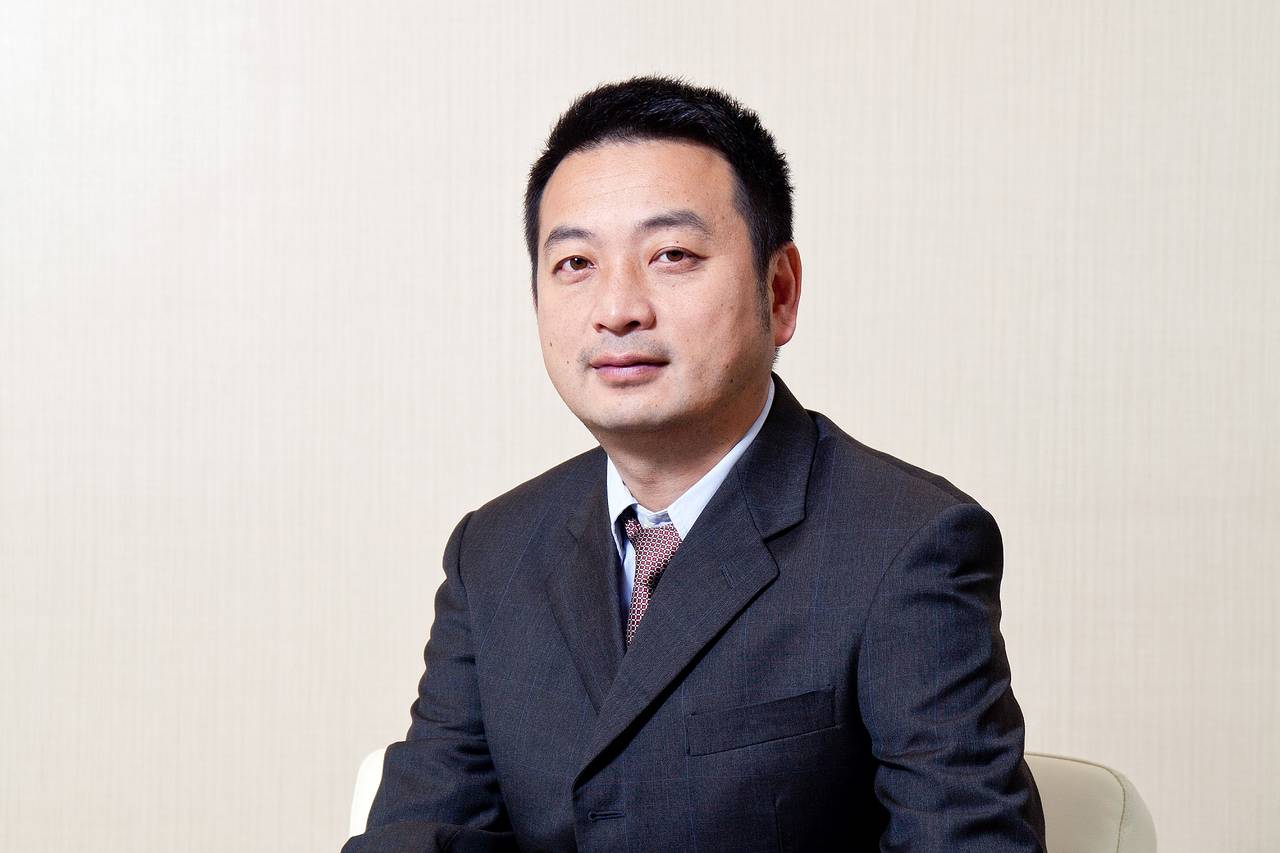In today’s fast-evolving landscape, the global travel industry is undergoing a transformative shift fueled by cutting-edge technology, eco-conscious strategies, and cultural innovation. At the forefront of this revolution is James Liang, Co-founder and Chairman of Trip.com Group, one of the world’s largest online travel agencies. With a deep understanding of both economics and digital innovation, Liang offers a compelling vision for the future of travel — one that is smarter, more sustainable, and profoundly human-centric.

Who Is James Liang? A Pioneer in Travel Innovation
The Man Behind Trip.com Group
Since co-founding the company in 1999, Liang has transformed Trip.com Group from a domestic Chinese travel service into a global powerhouse serving users in over 200 countries and regions. As an entrepreneur, economist, and thought leader, Liang consistently bridges technology with real-world human needs.
Dual Expertise in Tech and Policy
Beyond his business acumen, Liang is also a published author and public intellectual, contributing to global dialogues around demographic economics, inclusive growth, and innovation policy. His unique perspective positions him as one of the travel industry’s most influential voices.
Smart Tourism — Harnessing the Power of AI
AI for Hyper-Personalized Travel
Travelers today want more than basic itineraries — they seek experiences that align with personal interests and values. Liang notes that AI is at the heart of meeting these expectations. Tools like TripGenie, Trip.com’s AI-powered assistant, help users build customized travel plans, get real-time updates, and interact with brands effortlessly.
Real-Time Engagement and Dynamic Marketing
By integrating intelligent algorithms with dynamic content, platforms like Trip.com can adapt marketing strategies in real time, increasing user engagement and driving higher conversion rates. This approach reflects a shift from mass tourism to smart, experience-led tourism.
Sustainability as a Competitive Edge
Eco-Friendly Infrastructure Pays Off
According to Liang, sustainability is not just a moral responsibility — it’s also smart business. A hotel that installed photovoltaic panels saw a cost reduction of 36 RMB per room night, saving over 72,000 RMB annually. This eco-efficiency also led to increased bookings due to improved brand perception.
Green Certifications = Higher Conversions
Properties recognized for their low-carbon footprints often enjoy stronger sales and guest loyalty. Liang emphasizes that eco-certifications and green tourism initiatives are now key differentiators in a competitive market.
Immersive Technology Experiences — Redefining Attractions
The Sphere, Las Vegas: A Model for Tech-Driven Destinations
One shining example of tech-forward tourism is The Sphere in Las Vegas, featuring the world’s largest 16K LED screen, AI-integrated live performances, and multisensory design. Liang cites this as a gold standard for immersive tourism that captivates audiences while setting a high bar for future attractions.
Cultural Innovation Driving Destination Growth
Grand Egyptian Museum — Bridging Heritage and Digital
In Cairo, the Grand Egyptian Museum (GEM) blends ancient artifacts with digital technology through initiatives like Project Revival, which digitally reunites globally scattered relics. This has resulted in a 125% YoY increase in Cairo bookings, proving that cultural innovation can fuel destination appeal.
Zigong Lantern Festival: AI Meets Ancient Art
In China, the 30th Zigong Lantern Festival combined traditional artistry with AI-powered installations, drawing over 450,000 visitors. With real-time responsive lanterns and mechanical animations, Zigong emerged as Sichuan’s fastest-growing destination, showcasing how art and interactivity can rejuvenate tourism.
Investing in the Future of Global Travel
The $100 Million Tourism Innovation Fund
To back his vision, Liang launched the Trip.com Group Tourism Innovation Fund, a $100 million USD initiative aimed at empowering startups and innovators who are revolutionizing travel. The fund focuses on sustainability, community inclusion, and technology deployment.
Tourism Innovation Award
In addition, the company introduced the Tourism Innovation Award, offering $1 million USD annually to individuals or organizations shaping the future of global travel. The goal is to create a global ecosystem where collaboration, culture, and innovation thrive.
A Call to Reinvention: Travel with Purpose
As Liang asserts, “This is a moment for the travel industry not just to recover, but to reinvent.” With a blend of high-tech solutions, sustainable infrastructure, and culture-rich storytelling, Trip.com Group is setting the standard for what travel should look like in the coming decades.
Whether it’s AI-curated itineraries or environmentally conscious hotels, James Liang’s vision offers a blueprint for a more purposeful, profitable, and sustainable global tourism ecosystem.




